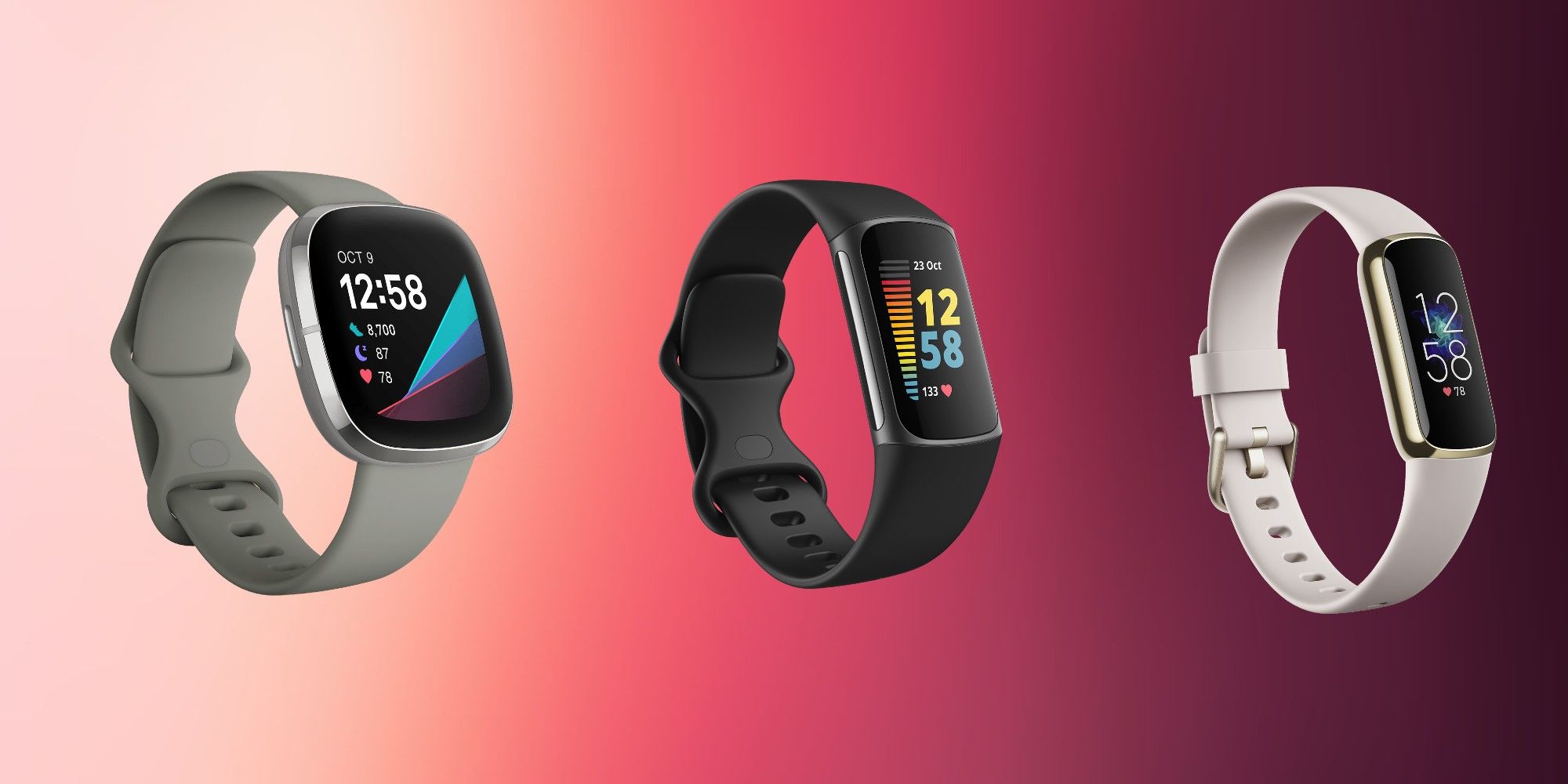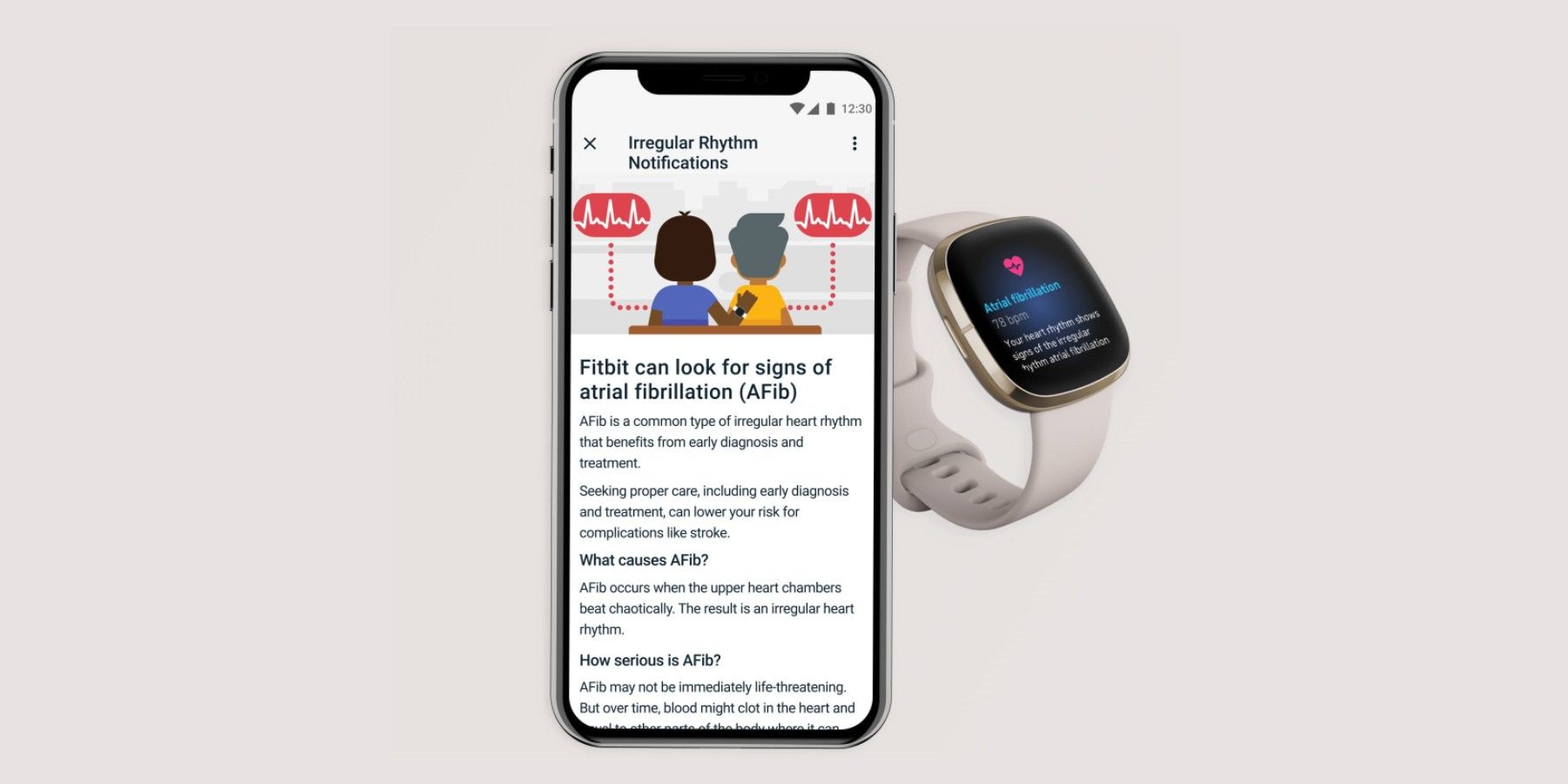After receiving clearance from the U.S. Food and Drug Administration in early April 2022, Fitbit has begun rolling out an update that brings a new feature called Irregular Heart Rhythm Notifications to select devices. The feature tells users when they have an irregular heart rhythm or signs of atrial fibrillation (AFib). A heart rate sensor is a common feature on wearables, but most devices can only measure the heart rate.
Considering how vital arterial health is, some manufacturers have begun adding more advanced heart tracking health features to their smartwatches and fitness trackers, allowing users to get more details about their hearts. However, the approach varies from brand to brand or even models from the same brand. For some, it is by adding an ECG sensor, while others have added an extra PPG sensor, as is the case with the TicWatch GTH. In addition, some use a combination of hardware and software algorithms.
The Irregular Heart Rhythm Notifications provides owners of select Fitbit wearables a vital health metric gotten from their heart rate data. Unlike other wearables that have an ECG (electrocardiogram) sensor to detect AFib, Google (read Fitbit) has developed an algorithm that works with the PPG (photoplethysmography) sensor on these wearables to detect if there is an issue with their heart. This is an important development because owners of the supported wearables do not have to pick up a new device to enjoy AFib detection. The update is rolling out in the United States, and according to 9to5Google, it will only be available in the region.
Smartwatches & Fitness Trackers Are Supported
The update brings the feature to the Fitbit Sense, Versa 3, Versa 2, and Versa Lite smartwatches. It is also available for the Fitbit Charge 5, Charge 4, Charge 3, Inspire 2 and the Luxe fitness trackers. As one would expect, the feature is also coming to wearables that already have an ECG sensor, such as the Sense and Charge 5. This means owners of these devices will have two ways to detect AFib — via the ECG app, which provides on-demand assessment, and via the new Irregular Heart Rhythm Notifications, which works when sleeping or sitting still.
Fitbit has clarified that these devices are not getting an update, but it is the Fitbit app itself that is getting the changes that enable the feature. Additional details provided by Fitbit include how it works. The manufacturer says the wearables will collect heart rhythm data, and after collecting enough, “the PPG detection algorithm will analyze the data to look for signs of AFib.” Users are required to sync their heart rate data with the app, which will then show notifications about atrial fibrillation. In addition, the notification for AFib detection will advise the user to book an appointment with their physician.


